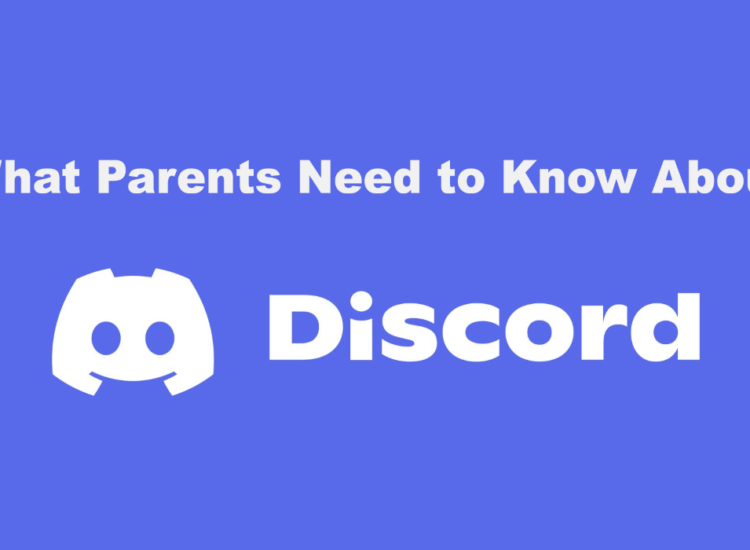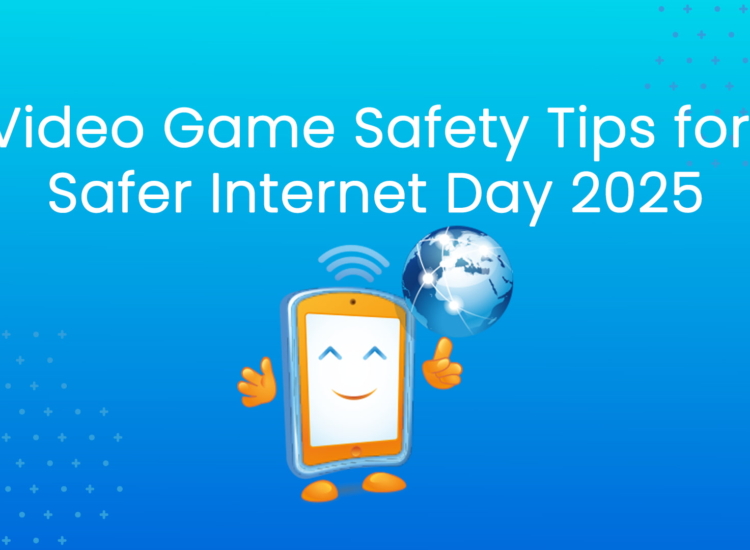Unspoken Benefits of Video Game Play

Over the last year, the role that video games play in our households has grown for many of us due to COVID-19 quarantines and lockdowns. This has reinvigorated debates about the uses and effects of games that rarely focus on the positive. However, let’s be clear, there are a range of positive outcomes associated with video game play – many of which we have seen first-hand over the last year within our own families. Here are a few of those benefits that just don’t get enough attention:
Mood Management and Mental Well-being
As humans, we have been playing since the beginning of time. Within ancient, ruined cities researchers often find card decks and dice found among the rubble. Play has been important for humans of all ages throughout time; it’s not something that is only critical for child development like many people assume. Not only is play crucial to mental well-being, including enhancing creativity and happiness, but it has also been associated with reduced depression and anxiety (see here, here, and here).
Far too often we forget that video games are at their core playful. All video games are designed to be entertaining, engaging, and fun!
Play has such a strong influence on our well-being because of the role it can play in mood management and repair. Mood management and mood repair strategies refer to techniques that a person can use to shift their mood from a negative mood to one of greater contentment of happiness. From sadness to happiness. Or high stress to lower stress.
In fact, research has found video games to be a particularly efficient vehicle for mood management. This is because good games (well-designed games) engage players in a way that meets basic psychological needs as humans. They give you a sense autonomy (you are free to make your own choices and have control), competence (you can achieve things, be successful), and relatedness (connecting with other villagers and your friends via online play). These three components – autonomy, competence, and relatedness – are universal and thought to be essential for psychological health and well-being of an individual. Having these needs met, while also having the added element of playfulness, makes us feel good, happy, and satisfied.
Far too often we forget that video games are at their core playful. All video games are designed to be entertaining, engaging, and fun!
Social Connection
Video games are a great way to foster social relationships, particularly online. Due to their interactivity, connecting online through a video game is uniquely different from connecting socially online through an online forum or social media. They provide us with a way to actively engage with others, collaborate or compete with them and have shared experiences which is particularly notable now as COVID-19 has kept us (and continues to keep us) physically distanced and less able to have traditional shared experiences, like play dates and dinner parties.
In and of itself, socialization is a key component of our wellbeing. One of the key reasons for that is how it reduces our sense of loneliness,
which can have a range of negative effects on our physical and mental health including increased stress and depression. In fact, research has found that loneliness and social isolation is twice as harmful to a person’s physical and mental health than obesity. Shared experiences can provide a buffer for these effects and have also been found to be related to increased self-esteem, decreased feelings of depression, anxiety, and isolation and an increased sense of belonging.
Video games are a fantastic vehicle for shared experiences as they can connect us in a fun, safe social space. This is, at least partially, why games such as Animal Crossing (Everyone) and Among Us (Everyone 10+) have been so popular over the last year.
“Unintentional” Learning
While claims about the effects of video game use often focus on what negative thoughts, attitudes, and behaviors they might teach players, often with little supporting evidence, in more recent years researchers have turned their attention to the potential positive “unintentional” learning experiences that can occur when playing games. I refer to it here as “unintentional learning” because the things we are talking about – learning new information and new skills – are not the explicit goal of the games they are playing, but rather an “unintentional consequence” of playing them.

Sid Meier’s Civilization VI (Everyone 10+)
While it may not seem obvious at first, video games are fantastic vehicles for learning new skills. Part of the reason for this is that they induce a state of flow. Often referred to as being “in the zone”, players experience flow states when in-game challenges are balanced with the skill level of the player. When in a state of flow, players become hyper focused on the in-game task and are determined to overcome it because their skills are being challenged. It is in this state that various kinds of learning can occur. Games are also great learning tools because people want to play them. On top of that, playing together with others can socially reinforce the activity, making them want to play more.
What can be learned playing video games you ask? Research has found video game play can promote the acquisition of a variety of skills and abilities including creative thinking, problem solving, adaptability and resourcefulness, and leadership skills.
The link between video game play and creative thinking may not be particularly surprising, as most video games require players to develop new solutions to different problems in a short amount of time. Overcoming various in-game challenges can promote thinking outside the box and help develop more complex problem-solving skills.
Leadership skills are also often discussed in the context of unintentional learning when playing online games. Online games provide a particularly unique opportunity to observe, learn, and lead groups of all sizes, ages, and backgrounds. Experimenting with and experiencing success in leadership roles online have been found to cross over into other offline contexts.
Players can also unintentionally gain knowledge while playing video games, the nature of which depends on the video game they are playing. For example, you can learn about history playing games like Age of Empires (Everyone 10+, Teen), or what it takes to be a successful city planner by playing the popular simulation series Sim City (Everyone 10+), or the wonders of the world, key world leaders, and world history through Sid Meier’s Civilization (Everyone 10+).
While there will likely always be discussions of “how much is too much” and “are games impacting our children problematically”, it is important to keep in mind the other side of the coin: Video games can, and do, have a proven range of positive impacts on those who play them. From mood management and stress release to social connection and learning, video games are fantastic tools to have in our family toolkit… especially when advised to stay safely 6-feet away from those around us.





